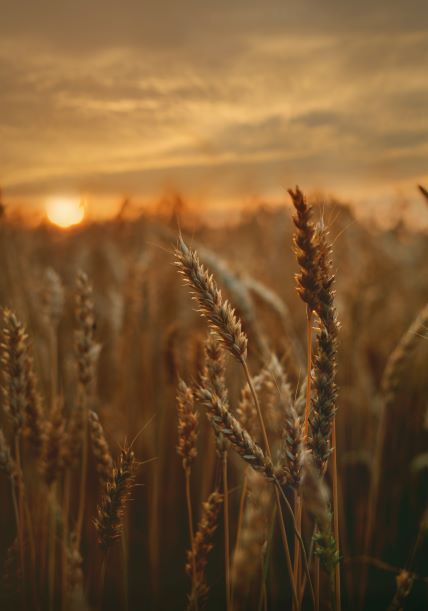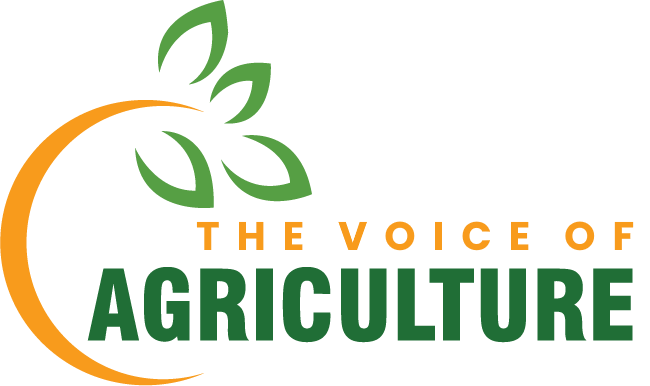Farmland Transition
It's time to pass farmland to children?
You don't want to sacrifice retirement to keep the family legacy alive?
You don't have to choose between; your farmland can stay in the family and grow even larger in the future.
Ready to Start Your Transition Journey?
Book Your Discovery Call with Fred now.
Call Fred at 403-277-2605
Farmland transition is a difficult process; there are many opportunities and problems for the next generation and as well as major responsibilities for their parents.
The family must come together and weigh all their alternatives to figure out the best way to move forward. For most Alberta farmer families, passing their land from one generation to another is quite normal, but in recent years, this process has become quite difficult.
Numerous financial considerations must be made.
We at Voice of Agriculture are here to assist you in understanding your options and selecting the best one for you. No role model can be used because we treat each of our clients differently.
After all, each farm and family situation is unique. Our actions will be determined by whether the farm will be passed down to one child or split, whether this will be full-time or part-time work, and how financial planning and tax implications will be handled.
Selling Land To The Next Generation
Pass On Your Farm
The time arrived for you to pass your farm legacy further and now naturally many concerns arises. Mainly, you want the farmland that you committed all your life still to work, you want to have your retirement and you don’t want to give up your land or lose something in the process.
We know that this process can be stressful and our job is to find a fair solution that will make everybody successful continuing on.
You want your child to continue working on the land as his grandfather would want to, that’s great but you also don't want your child to work for less than minimum wage simply to keep the farm running. You can join a professional farm worker in a joint venture that pays well and give you all the benefits.

Everything starts with family
Transition planning should begin with a family meeting, and everyone should be aware of their duties. Modern farming necessitates a wide range of business skills, and management succession must be based on abilities rather than birth order.
Many farm families are asset-rich and cash poor. What makes this process even more challenging is selecting how to distribute your assets among your children, because not all of the next generation want to continue on family farms.
Making a formal transition plan does not require you to cease farming, but it will provide you piece of mind when it comes to your children, knowing that the farm is in good hands and that all of your children are covered and content. You can join a professional farm worker in a joint venture that pays well and give you all the benefits.
There are a few tips on how to make the transition process easier.
If you'd like to know more about what your Discovery Day call will look like, click the button below to learn more.

